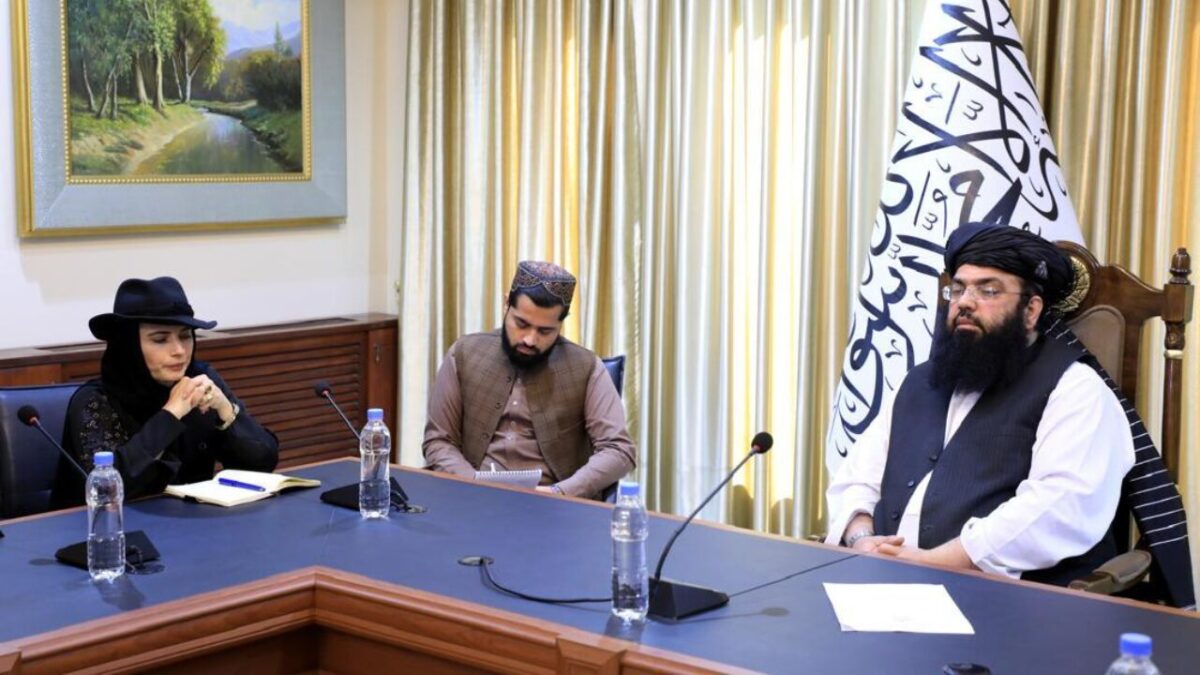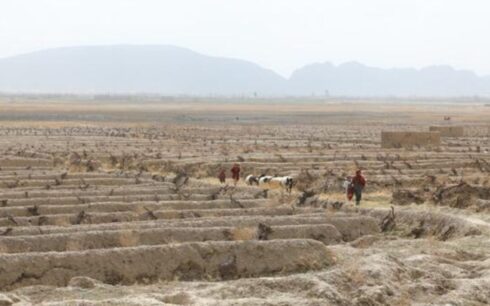Abdul Kabir, the Taliban’s deputy political chief, has called on the European Union to support efforts aimed at eradicating drug production, establishing alternative crops, creating job opportunities, and providing treatment for individuals with substance use disorders.
The request was made during a meeting with Veronika Boscovich Pohar, the EU chargé d’affaires in Kabul.
This comes amid a recent report by the United Nations Office on Drugs and Crime (UNODC), which noted a 19 percent increase in opium poppy cultivation in Taliban-controlled Afghanistan over the past year.
Taliban have consistently claimed that they have significantly reduced drug cultivation and trafficking in Afghanistan. However, reports and independent assessments have cast doubt on these assertions.
According to a statement from the Taliban-led administration, discussions during the meeting also touched on humanitarian operations and development programs supported by the European Union. The statement quoted the EU envoy as emphasizing a commitment to strengthening ties with the Taliban.
The European Union’s delegation in Kabul has yet to comment on the meeting.
In the statement, the Taliban added that Abdul Kabir assured the EU that the group has addressed the international community’s concerns regarding Afghanistan. However, participating nations at the recent Moscow Format meeting on Afghanistan, including China, Russia, Pakistan, and Iran, issued a joint statement urging the Taliban to prevent “terrorist” groups from using Afghan territory to threaten other countries.
In a separate development, the U.S. Special Inspector General for Afghanistan Reconstruction (SIGAR) stated in its 65th quarterly report that the Taliban has “collaborated” with Tehrik-i-Taliban Pakistan (TTP) and al-Qaeda. The report noted, “The Taliban provides support to TTP and has allowed al-Qaeda to maintain safe havens within Afghanistan.”





